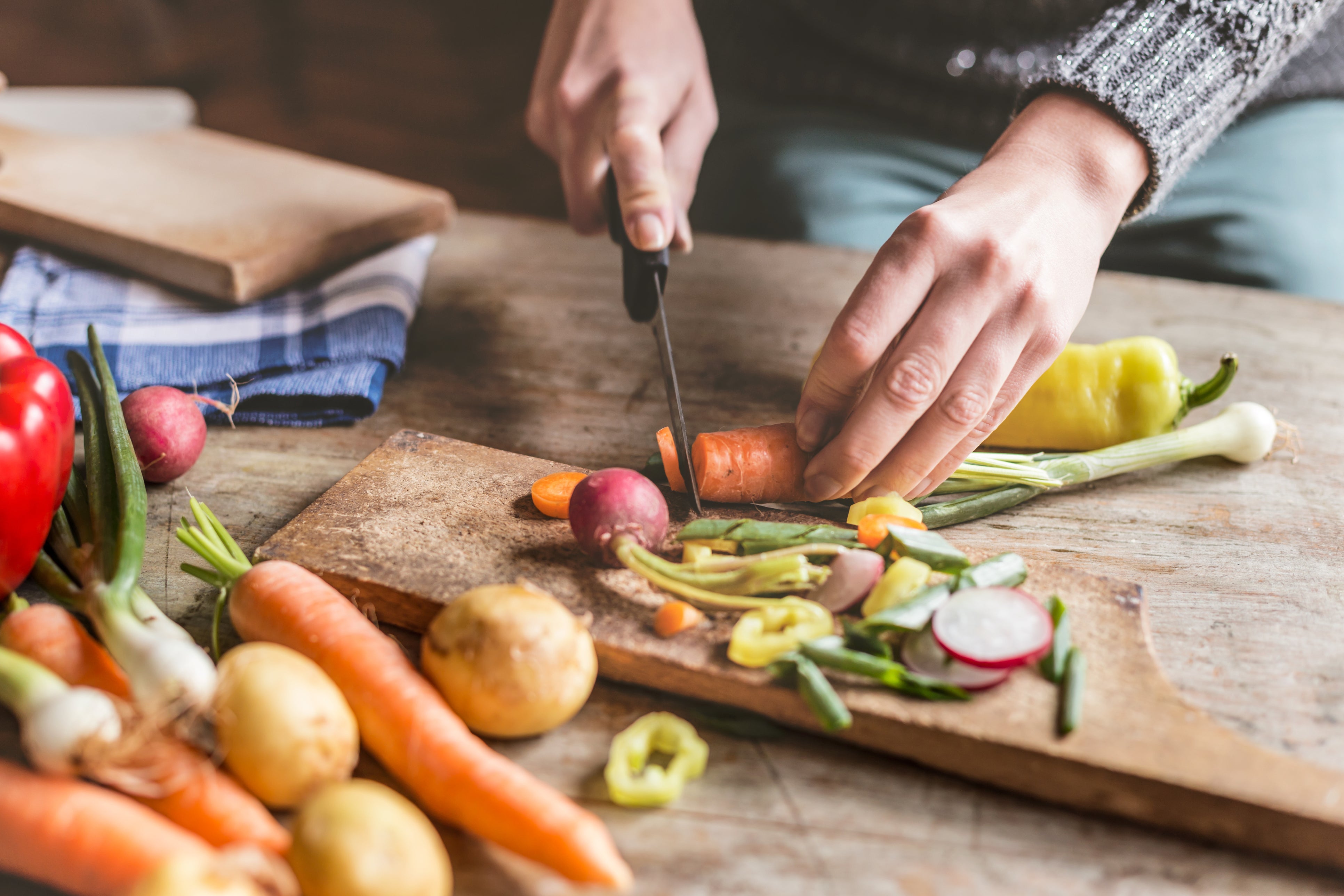8 reasons why you should have more meat-free days: From saving money to becoming a better cook
A new study has found links between regularly eating meat and a wider range of common diseases than previously thought

A penchant for eating meat, especially red and processed kinds like sausages and bacon, has long been associated with an increased risk of developing a range of diseases, including bowel cancer.
But now, a large new study from researchers at the University of Oxford has looked at meat consumption in relation to a slew of other non-cancerous diseases not previously considered.
The study of 475,000 UK adults, published in BMC Medicine, found participants who tucked into red and processed meat three or more times a week were at increased risk of ischaemic heart disease, pneumonia, diabetes, diverticular disease and colon polyps. A higher consumption of poultry was found to be associated with a higher risk of gastro-oesophageal reflux disease, gastritis and duodenitis (inflammation in the small intestine), diverticular disease (which affects the large intestine), gallbladder disease, and diabetes.
While additional research is needed, the study does indicate another strike against a diet reliant on meat. So, aside from health reasons, why else should you opt for more meat-free days each week?
1. It’ll save you some cash
Eating meat, especially good quality meat, can be expensive. Veg, beans and grains, on the other hand, tend to be good value, while still being nutritious and filling.
2. It’ll encourage you to be more creative in the kitchen
There’s not much you need to do to a slab of steak, apart from season it, but when it comes to a slab of aubergine, celeriac, mushroom – there’s so much more you can do, and so much more flavour you can apply. And you can still have fries on the side.
3. It’s a chance to try vegetables you’ve never had before
Jerusalem artichokes, kohlrabi, chicory and purple sprouting broccoli are currently in season. Not had them before? Now’s your moment.
4. Your kids won’t ask so many awkward questions about what farmyard animals you’re making them eat
Instead, you’ll probably end up in a conversation on why they do actually have to eat the green things on their plate. You win some, you lose some…
5. You’ll feel more environmentally friendly
There’s no denying the ecological benefits of going meat-free, even just one day a week. Cutting your meat consumption can help support climate change efforts, reduce greenhouse gas emissions, and reduce the amount of resources – like water and land, including vital natural carbon sinks – used in its production. Imagine what good you can do by going meat-free more than once a week.
6. You’ll be supporting biodiversity
Eating less meat can help reduce habitat decline and the clearance of wild habitat, while opting for organic veg where possible means supporting pesticide-free farming, which in turn is good for bees and other pollinating insects. Join the big cycle of life.
7. It’s an opportunity to support veg producers
Be it a company that redistributes surplus vegetables (like Oddbox), a local farmer or that independent grocer’s you’ve always meant to visit, but haven’t got round to, there’ll be more fridge space to fill – fill it wisely.
8. Your veggie friends will appreciate it when you can (eventually) host post-lockdown dinner parties
Never again will you consider a risotto or salad a fair meal for a veggie friend. When we can finally have people over again, you’ll have the skills to put on a full vegetarian feast that your meat-eating mates will appreciate too.
Bookmark popover
Removed from bookmarks